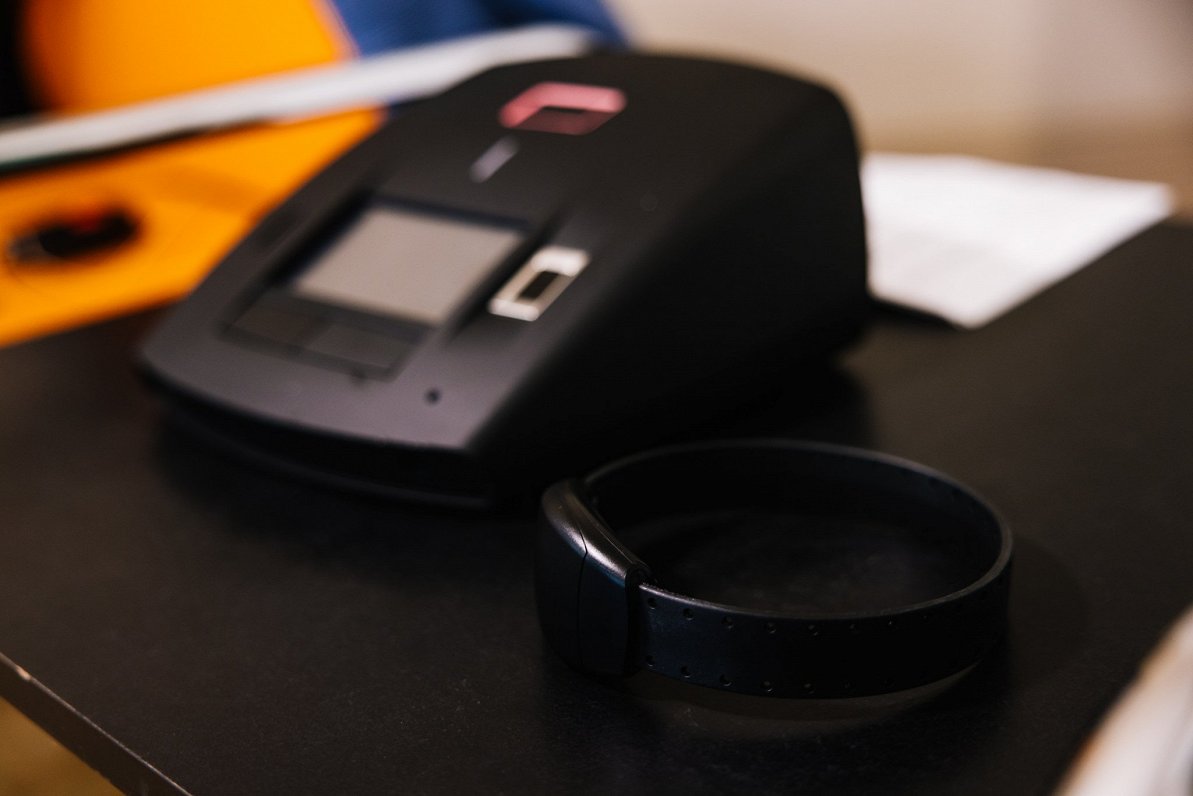During the event, the State Probation Service (VPD) together with former “clients”, experts, and media representatives evaluated the benefits and challenges of the monitoring system, as well as revealed personal stories about their experiences serving sentences with electronic monitoring.
Since July 1, 2015, electronic monitoring has been applied to 599 persons in Latvia, with 96% of cases deemed successfully completed.
Electronic monitoring is an intensive control measure imposed by a court to restrict the free movement of a convicted person. Electronic monitoring provides an opportunity for convicted persons to return to society more quickly. Currently, such monitoring is applied to convicted persons who are conditionally released from prison early and who, among other things, meet certain criteria – they voluntarily agree to electronic monitoring, and the implementation of electronic monitoring is possible at their place of residence. Electronic monitoring is imposed by a court for a period of one to twelve months.
“Electronic surveillance is an essential tool that allows us to ensure a balance between public safety and the reintegration of individuals. We see that this solution works – the majority of individuals successfully integrate into society, return to work and their families. This is a common benefit for all of us – both a safer society and a lower risk of repeat crimes,” said Jana Mituza, Head of the Supervision and Community Service Department of the VPD.
The discussion also included persons who have been subject to electronic monitoring. They openly shared their experiences about the path of change and the fact that electronic monitoring is not just a technical solution to relieve the pressure on places of deprivation of liberty – it has been an opportunity for them to return to life step by step, where the most important motivator is loved ones and family.
One of the former clients emphasized that the punishment that one serves is also a punishment for the family, therefore former VPD clients admitted that the opportunity to be with one’s children, partner or parents becomes the strongest incentive to change and integrate into society.
Select text and press Ctrl+Enter to send a suggested correction to the editor
Select text and press Report a mistake to send a suggested correction to the editor
Tell us about a mistake
